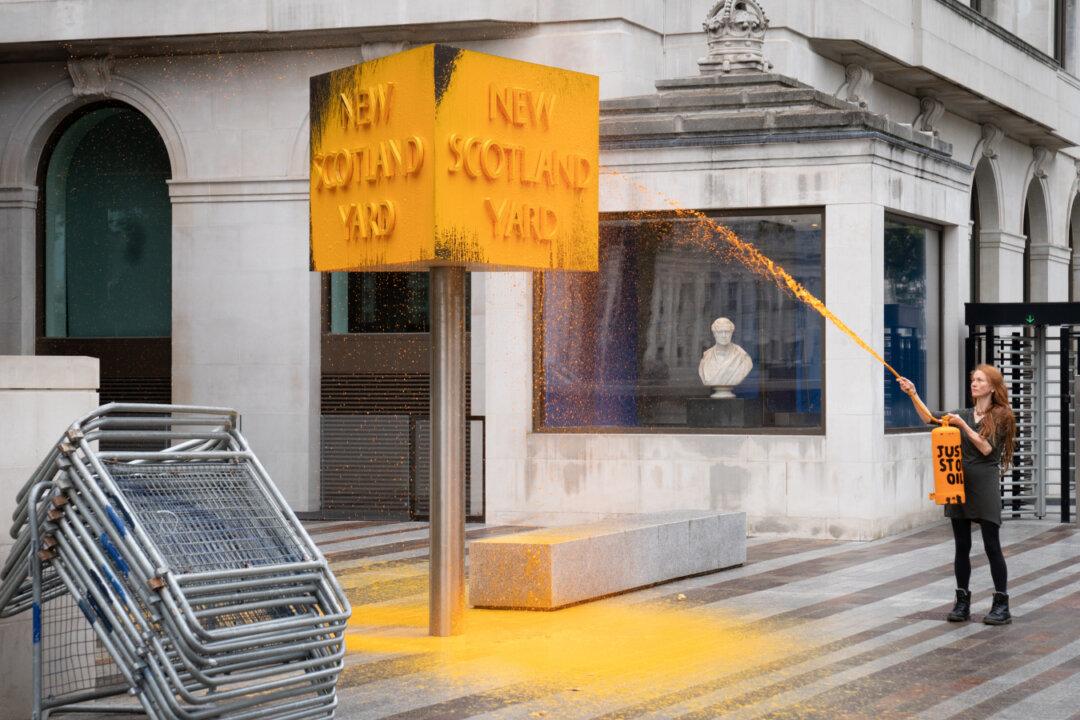Eco-protest groups such as Just Stop Oil have the potential to pose a terrorism threat to the UK, MPs have been told.
Giving evidence to the Foreign Affairs Committee on Tuesday, security expert Peter Neumann said failure by the disruptive groups to achieve political success could lead to an escalation in its activities including violence, sabotage and even terror.





